How can Newly Qualified Social Workers set Themselves up for a Long Career?
Welcome back to the Social Work Café blog, where I sprinkle you with some highlights from episode 11 with the amazing Vicki Shevlin.
Before I get into the episode, I must give a social work shout-out to my very dear colleague Rohena Duncombe, who put Vicki and I in touch via twitter!
Rohena is so great at connecting social workers with shared interests. Love you Roh.
I am incredibly grateful for the opportunity to get to know Vicki and her work focused on newly qualified practitioners (click here to follow her on Instagram).
I'm used to being quizzed about my research on newly qualified social workers.
I even did a very fun interview with Vicki for her podcast, but in episode 11 I took a back seat.
This episode is all about Vicki’s journey into social work, how she decided to start her own podcast, and some insights from the amazing guests she has had on her show (e.g., THE Lena Dominelli!)
For those listeners who have been qualified social workers for a while, what do you remember of your newly qualified period, especially that first year of practice?
I remember it being an exciting yet daunting time.
I missed university (not writing essays—never again, thank you), but I was so excited to finally get out into the world of work.
And then the expectations and doubt started to hit me.
"Am I doing this right?"
"Oh wait, I’m no longer a student, I am a qualified social worker, yikes!"
These kinds of thoughts eventually propelled me into my doctoral research, and you know that story by now!
I wish there was someone like Vicki around when I was going through that newly qualified period.
She has such a beautiful, calming presence, which would help any new worker who might feel like an imposter.
Permission granted by Gemma Correll to share this image.
Vicki interviews a whole range of wonderful guests but also does really concise episodes about practical social work matters, like doing social work interviews and preparing for meetings.
Vicki reminds us that while university study provides a foundation around what social workers do and why we do it (emphasis on why), when we get out into qualified practice there is more learning, especially around the "doing" of social work.
I love the advice Vicki gives to newly qualified social workers about setting themselves up for a long career: develop positive habits.
Vicki clarifies she does not mean toxic positivity, which can prevent us from seeing genuine problems.
Her advice reminds me of my conversation with Mikaela Higgins about workplace self-care.
So many complementary insights between these episodes.
I think her advice is useful for every social worker, but especially those at the start of their career.
I’m also finding at this stage in my career, I am trying to set new positive habits (such as regularly turning off emails for a few hours!) which helps me resist the "busyness" discourse of the workplace and stay focused on what really matters!
Vicki also advises learning from experienced social workers but especially clients wherever we can.
There is so much wisdom out there that we can soak up from people.
As someone who is (hopefully) considered experienced, the advice I would impart (and which is my biggest highlight from this episode) is: be a lifelong learner.
Always be open to learning, to being wrong, to being right, and, most importantly, to being curious while also being self-compassionate.
Her definition of social work is short and sweet:
Helping communities help themselves
I like how Vicki focuses on what she wants social work to be and thus places an emphasis on communities.
Vicki also raises how her definition prompts further questions about what really is "helping," and sometimes that help can be harmful, so perhaps it should be something more like:
Leaving communities to help themselves
(Sorry about the audio quality at that point).
These are big questions to ponder, and perhaps now is a good time to return to the big picture.
When we ask, what is social work, perhaps we should also be asking what do we want social work to be?
I think that is a good note to leave things on.
Keep asking those important questions!
Dr. B


